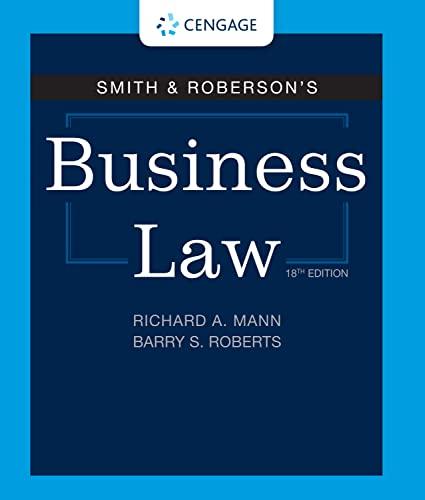Question
After reading the Content Three material, go the following link and watch the TED Talk by Sam Harris entitled Science Can Answer Moral Questions Addressing
After reading the Content Three material, go the following link and watch the TED Talk by Sam Harris entitled Science Can Answer Moral Questions
Addressing the following questions.
1. Freedom of speech, freedom of expression, and freedom of association are all values that we as Americans hold dear. Yet, we sometimes encounter ethical quandaries when individuals or groups who seek to proliferate ideas that the majority would consider nefarious demand statuses of recognition and privilege normally reserved for more widely accepted perspectives. Consider the article on the implications of 501(c)(3) tax status awards for racist, white-nationalist propaganda organizations titled Four white nationalist groups given nonprofit status, permission to raise nearly $8M in tax-deductible donations (Please note: If a pop-up appears after clicking on the link, simply scroll down and click "Go to homepage" located under View Options). Consider the arguments on both sides of this public debate. On one hand, you have the argument that all Americans (and organizations) should be afforded equal rights, notwithstanding different points of view (remember Evelyn Beatrice Hall: "I do not agree with what you have to say, but I'll defend to the death your right to say it"). On the other hand, you have the arguments that government tax incentives should not be subsidizing hate groups, and that the groups in question are unworthy of non-profit status because they operate in a deceptive manner (with misleadingly benign names) and are not really "educating" as the spirit of the law intended. What say you on this issue? Did the IRS err in these cases? To what rights are such groups entitled? What statuses would you---or would you not---confer upon such groups?
2. Suppose that someone who reads your answers to the first part of this assignment accuses you of bias. Another reader states that your answer is "just your opinion," and that there is nothing that makes your opinion more valid than anyone else's. Defend your position. How would you counter such charges? What makes your answer more than just opinion?
Please provide references
Step by Step Solution
There are 3 Steps involved in it
Step: 1

Get Instant Access to Expert-Tailored Solutions
See step-by-step solutions with expert insights and AI powered tools for academic success
Step: 2

Step: 3

Ace Your Homework with AI
Get the answers you need in no time with our AI-driven, step-by-step assistance
Get Started


